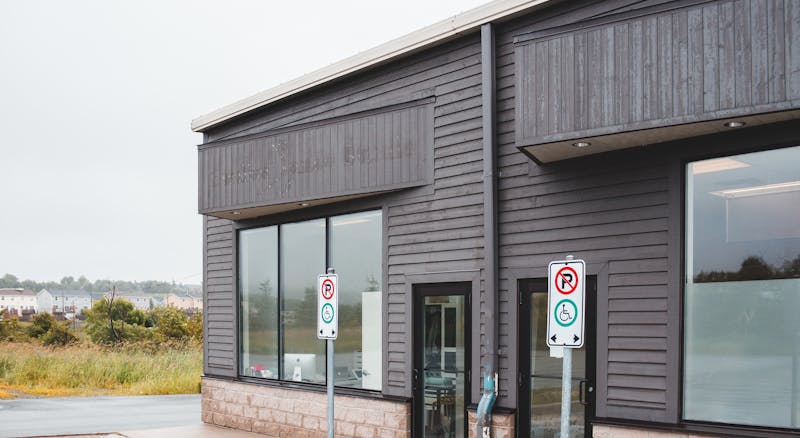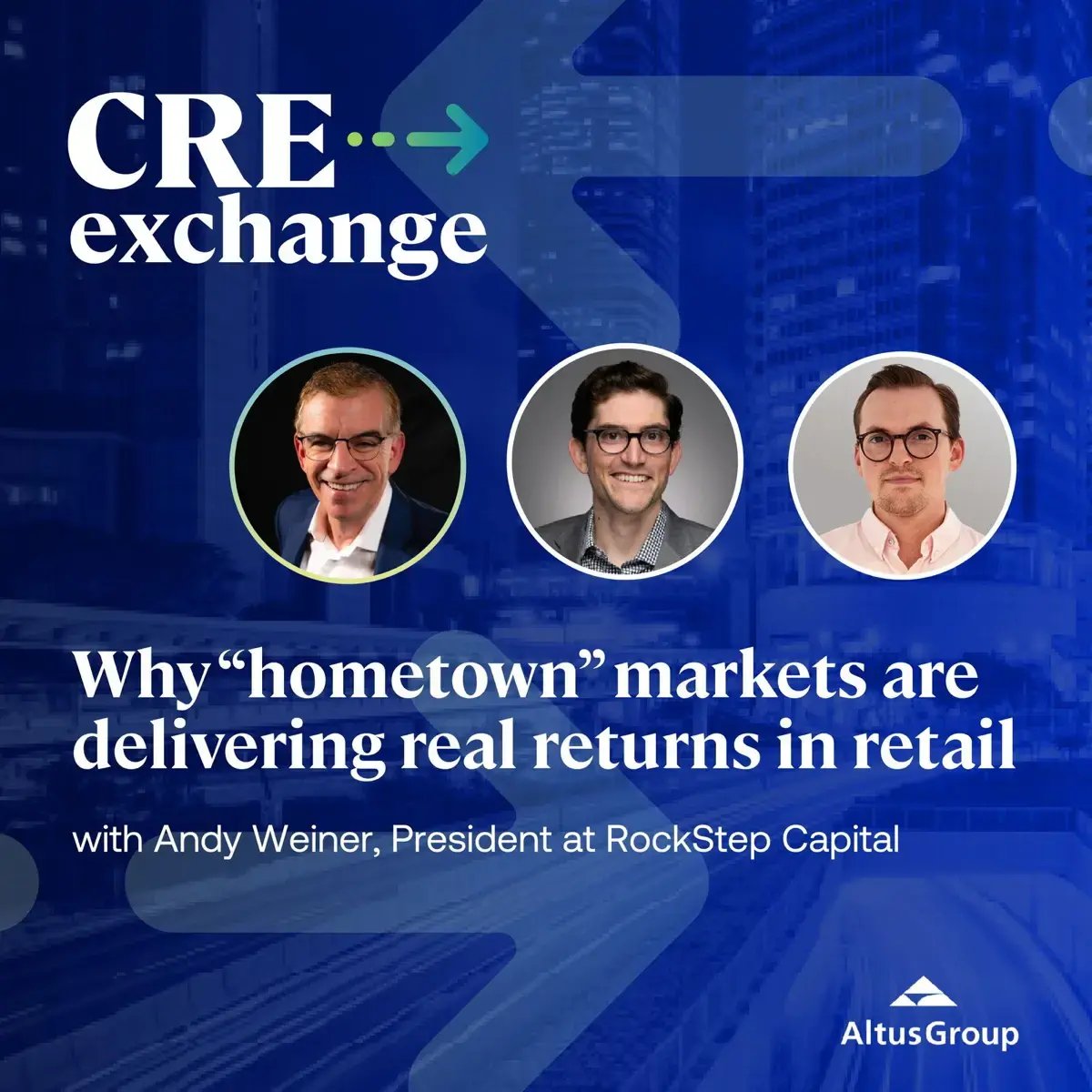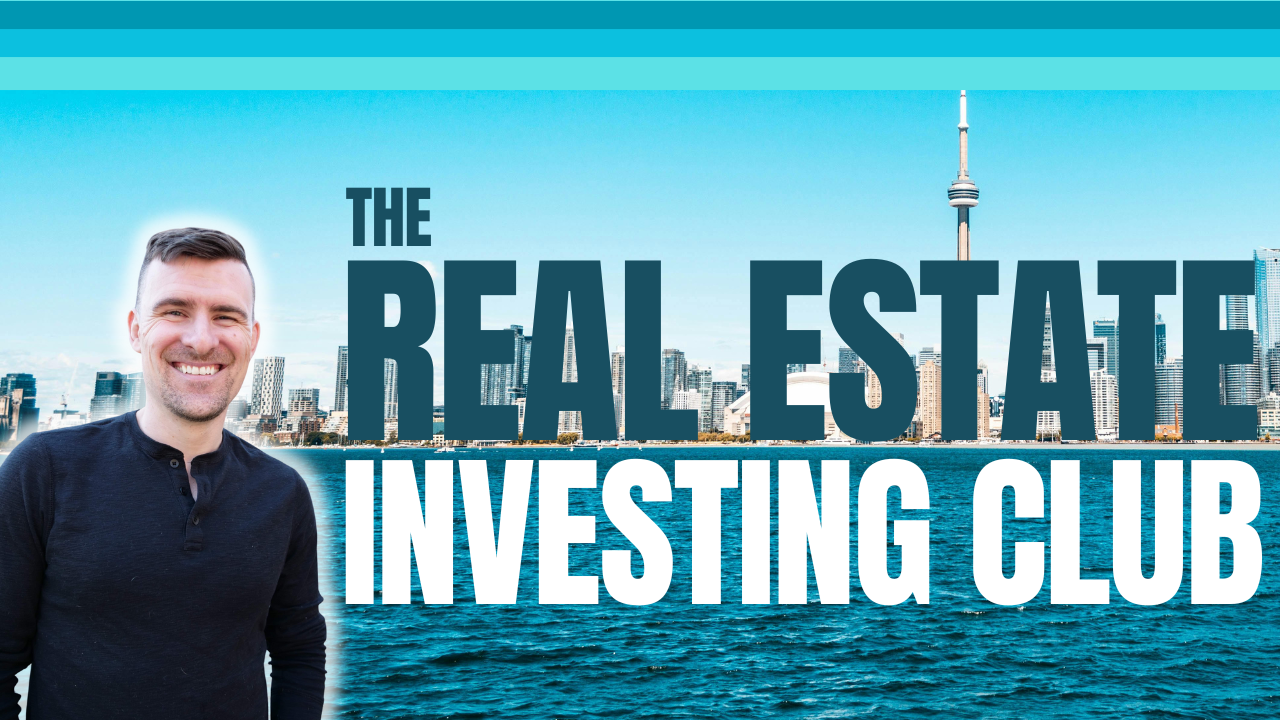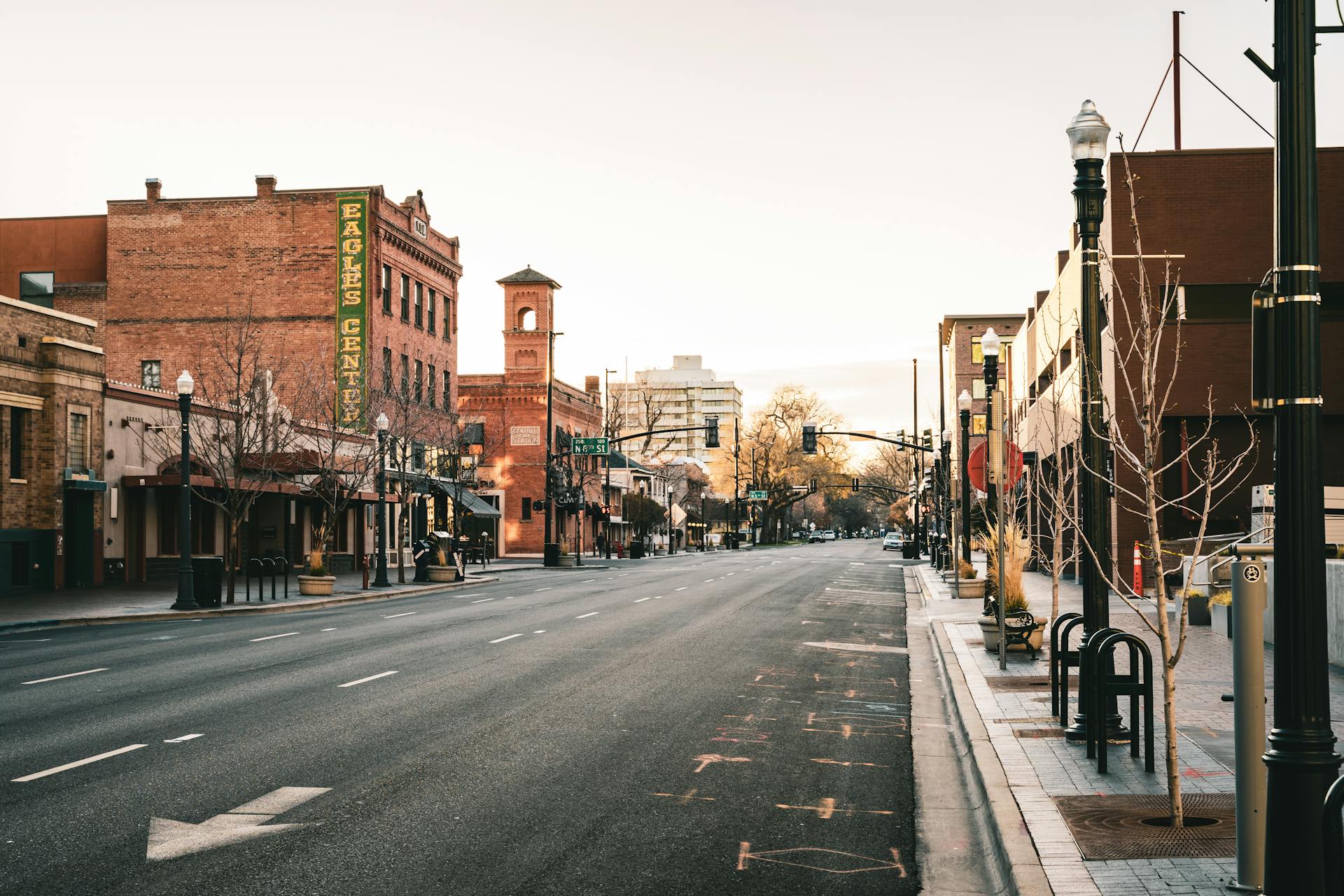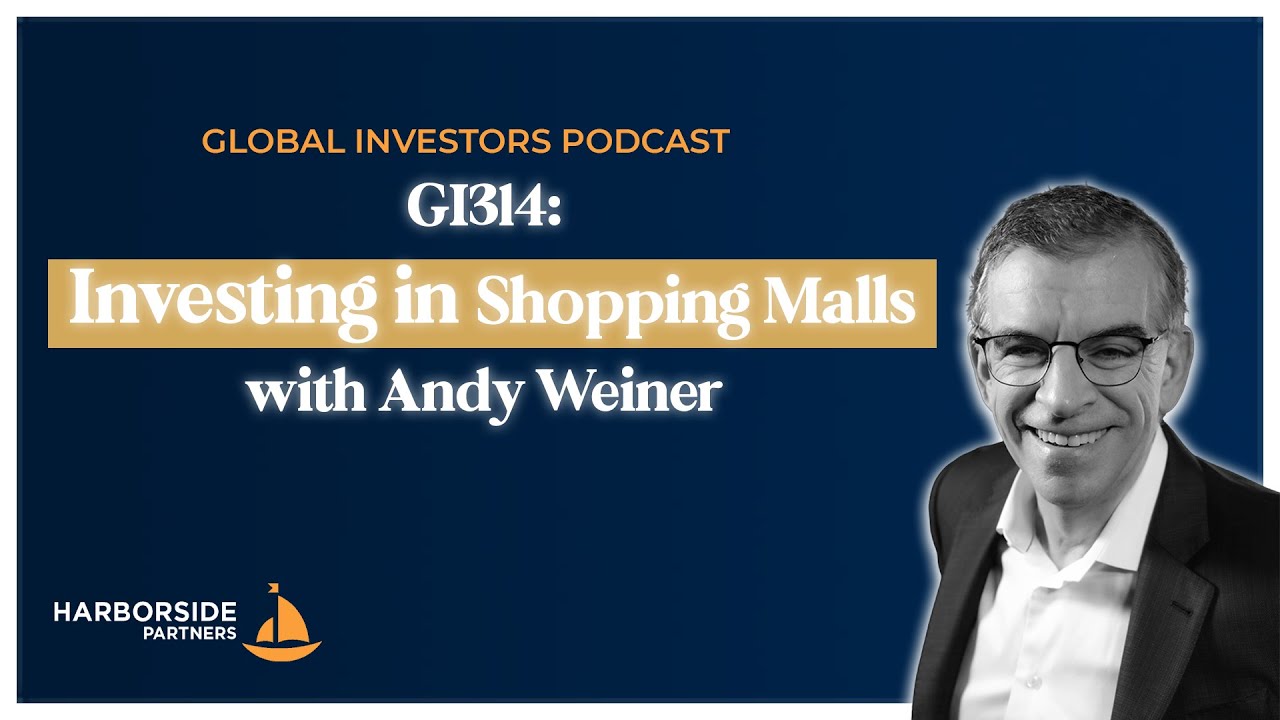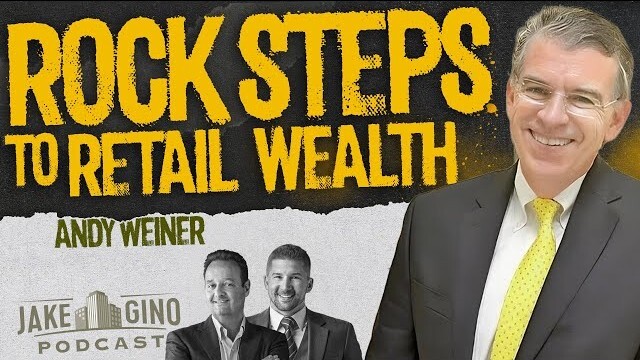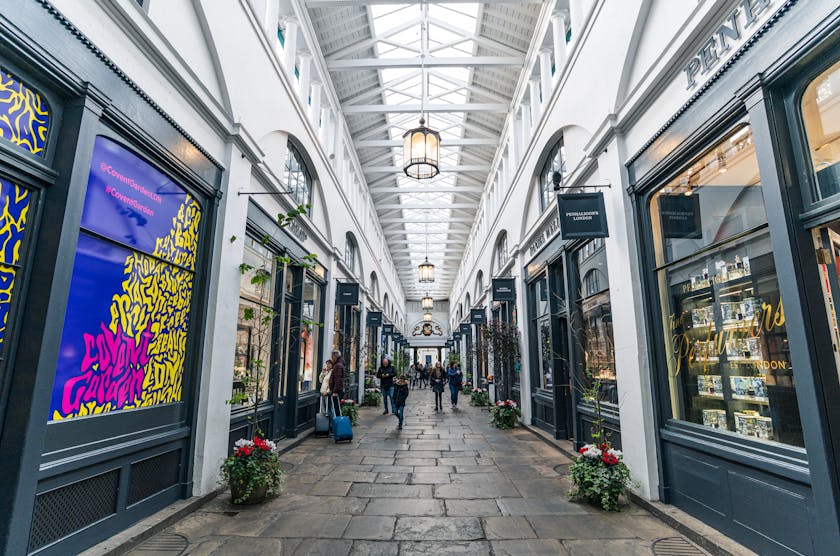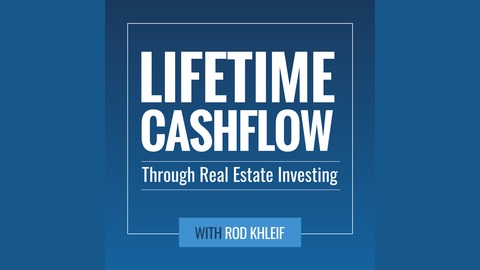Zen & The Art Of Real Estate Investing: Repositioning Shopping Centers
September 11th, 2025
3 min read
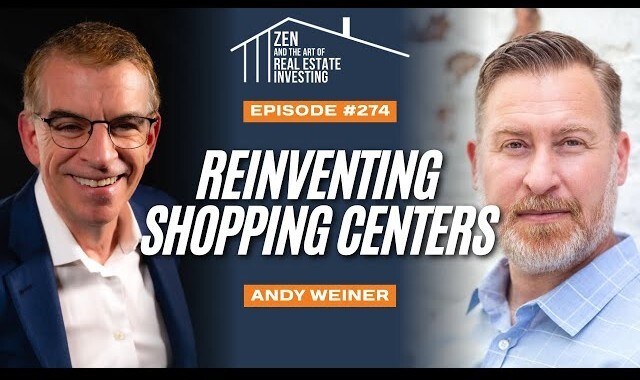
Note: This episode is also available on platforms like Apple Podcasts and Spotify.
In episode 274 of Zen and the Art of Real Estate Investing, host Jonathan Green sits down with Andy Weiner for a conversation about the shopping center sector. With nearly three decades of experience in the business, $230 million under management, and almost 10 million square feet of built or acquired space, Andy brings a wealth of expertise to a sector that many investors often underestimate: shopping centers.
Greene, a lifelong investor and coach, is also the founder and team leader of Streamlined Properties. His podcast blends real estate insights with a mindful, mission-driven approach, giving listeners both practical strategies and a broader perspective on building sustainable wealth.
The Meaning Behind RockStep
The name RockStep Capital is not just catchy; it carries real meaning for Weiner and his team.
“The word rock step is not a word in the dictionary, but it is a dance move… we use the term rock step as a metaphor to be nimble, light on our feet, listen to the music in the industry, and then pivot.”
That theme of agility is embedded in the company’s culture. RockStep operates with 25 Rules of Behavior called “Rock Steps” which guide daily decisions.
“We have a rock step of the week… it’s how we manage conflict. It’s how we build trust.”
What Makes a Strong Shopping Center?
When asked what defines a good shopping center, Weiner keeps it simple:
“A shopping center is a collection of tenants. You want tenants that will survive this world of Amazon and COVID and provide needs to clients that they want to come there on a regular basis.”
The pandemic and e-commerce disruption did not kill retail. Instead, they cleared the playing field.
“Amazon and COVID drove out those that did not have an e-commerce strategy. The ones that survived have strong balance sheets, great strategies, and they’re telling Wall Street that they want to grow by a hundred, 200, sometimes 300 stores a year.”
With little new supply being built, the conditions favor existing owners.
Why RockStep Focuses on Hometowns
Instead of chasing crowded metro markets, RockStep focuses on HomeTowns: secondary and tertiary markets with populations of under a million.
“A HomeTown has a spirit of community and a leadership in this community that’s identifiable and impactful. There really is a difference. The quality of life (schools, safety, involvement), is dramatically different. That’s our geography, and that’s what we love.”
Central to this approach is the RockStep Coalition, which unites local investors, lenders, and city officials around each project.
“They help with entitlements, property taxes, and city relations. They’re effectively deputized leasing agents for alternative uses, because they sit on boards of community colleges, hospitals, and economic development districts.”
This model reduces risk, strengthens relationships, and ensures that investments benefit the entire community.
Opportunities for New Investors
Weiner believes that smaller investors can still break into the space if they choose their investments carefully.
“I would recommend properties under 2 million that have three to five to seven tenants in a part of the market that is viable. What you look for is what we call essential drivers—does the town have population growth, a university, a military base, a hospital district, or Fortune 1000 employers? Those factors are what make the difference between a sustainable asset and one that struggles.”
For those who want to learn before taking the plunge, RockStep has developed extensive resources.
“If you like the idea of investing in shopping centers and you want to do it yourself, you need to study. Learn the terms, learn the different designs, figure out your capital exposure. Roof, parking, lighting, tenant improvements, all of it matters. That’s why we’ve built our Learning Center online and our Shopping Center Channel on YouTube. On Instagram, I’m the Shopping Center Guy. It’s all there for people who want to educate themselves.”
Dispelling the “Retail Is Dead” Myth
One of the most persistent narratives in real estate is that retail has been permanently weakened. Weiner disagrees.
“Retail is not dead at all. Retail is in favor. And if you look at particular retailers, you see strength. Amazon didn’t eliminate the book business. Barnes & Noble is growing dramatically, and Books-A-Million is thriving by focusing on gifts and children. The retailers left standing are strong, and they’re expanding.”
Compared to multifamily, shopping centers often provide better leverage and more current cash flow.
“We’re buying grocery-anchored centers at nine caps and borrowing at seven. In enclosed malls, we’re buying at 15 caps and leveraging at 50 percent, producing 20 percent cash-on-cash returns. Meanwhile, multifamily in big metros trades at four-and-a-half to five caps with debt at six. That’s negative leverage, and it requires a strategy of prayer. Prayer is not a good strategy in real estate.”
More Than Just Returns
For Weiner, RockStep’s strategy is about more than yield. It is about impact.
“Our mission as a company is to make HomeTown America better.”
This philosophy connects the dots between investors, communities, and local economies. Shopping centers are hubs of jobs, commerce, and civic life. For Weiner, aligning the interests of regional leaders, banks, and investors ensures that growth benefits everyone.
Learn More and Get Involved
For those who want to explore the opportunity, Weiner encourages visiting the RockStep website.
“Go to rockstep.com. They can book a time on my calendar, and when they’re ready to think about diversifying into shopping centers, please consider us.”
With dozens of educational articles, a YouTube channel, and open investment opportunities, RockStep positions itself as both an operator and an educator in the space.
Final Takeaway
Episode 274 reveals a side of retail real estate that defies common misconceptions. For Andy Weiner and RockStep Capital, shopping centers remain not only a strong investment class but also a way to strengthen the fabric of HomeTown America.
For Jonathan Green, the conversation underscores exactly what his podcast is about: taking a thoughtful, principle-driven approach to building wealth through real estate.
Topics:






